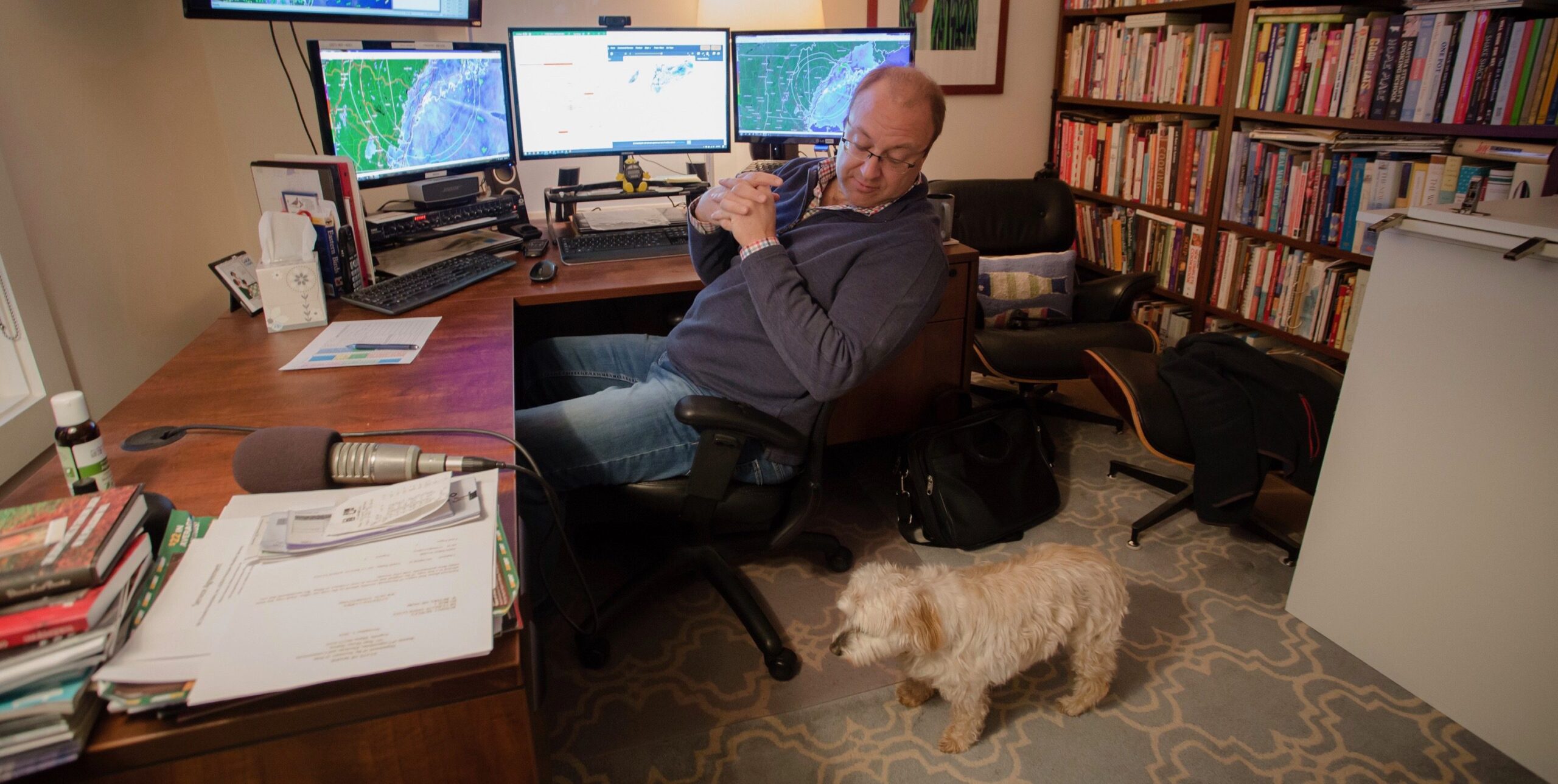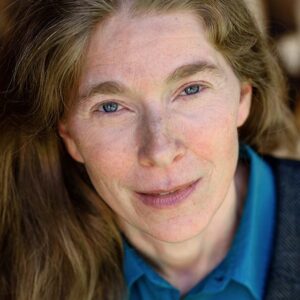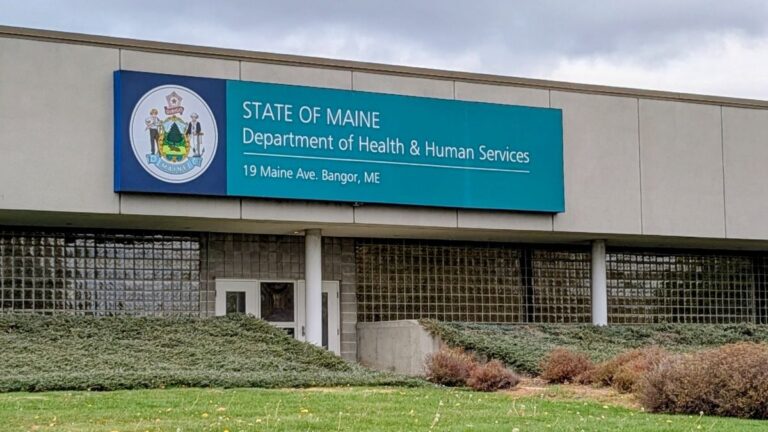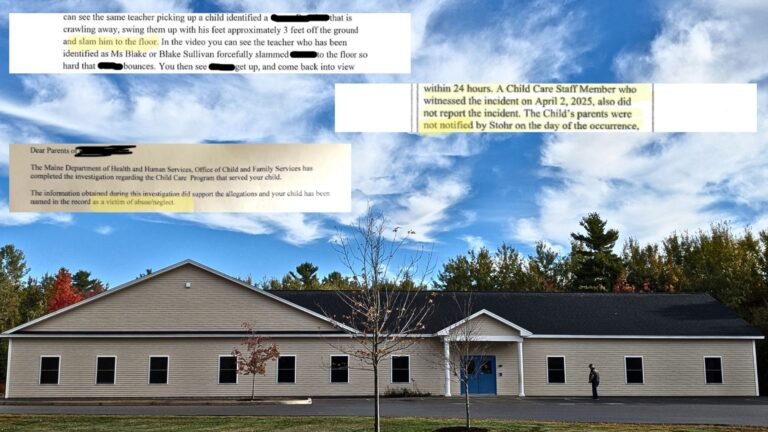In early November, Russ Murley and a friend went hiking on a trail that is no longer included on trail maps, but the two experienced rock climbers knew about it and felt comfortable on it.
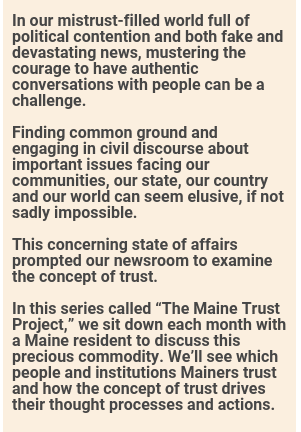
They climbed through boulder fields and finally found themselves facing a 25-foot vertical wall of rock. A previous hiker had left a fixed rope in the rock face. It looked safe to use, so Russ’ friend grabbed hold and climbed up with no troubles. But when Russ took the rope in his hand and he confronted his next move — swinging by that rope across the rock to find his first foothold — he froze.
“I’m like, ‘I don’t trust myself,’” he said to his friend. “I didn’t trust my arms to hold me on that rope.” But his friend talked him into it. “He said, ‘It’s all in your mind. You can do this.’ And then, boom, I went right up. All of a sudden, he talked me into trusting myself.”
Lack of trust in yourself can really do a number on you, said Russ, a meteorologist who co-owns his own forecasting business and who Mainers have seen and heard on local radio and TV broadcasts, including for WMTW 8. “Some people have a lot of confidence, which is my definition of trust in yourself,” he said. “Some people don’t. I’ve always been in the middle of the road.”
When he is in his home office, his computer and a wall of screens in front of him, providing him with a massive amount of atmospheric data, he has all the confidence in the world. That’s true even when he’s in front of a local or national TV audience or recording a forecast for radio. “When I’m doing my job, I’ve got an enormous amount of confidence in what I’m doing,” he said, even if he’s wrong. But, as with the rock wall climb in November, he isn’t always so trusting of himself. “I think for me — for any individual — learning to trust yourself is a constant work in progress.”
Building trust with yourself, he said, takes effort, time and thoughtfulness, but there’s one element that is particularly important: verbalizing to yourself that you can trust yourself, he said. “Just self-talk. Tell yourself you’ve got this. That’s how you build it. I’ve learned in my life negative self-talk can kill you.”
Q&A
Who meets your definition of trust?
Russ: I think there are different levels of trust. I inherently trust everybody in my immediate orbit and really don’t think twice about it. Among my close circle, greater trust leads to greater intimacy, which strengthens relationships. If you don’t have that trust, that really weakens the relationship in terms of intimacy, and intimacy is really the glue that makes relationships special.
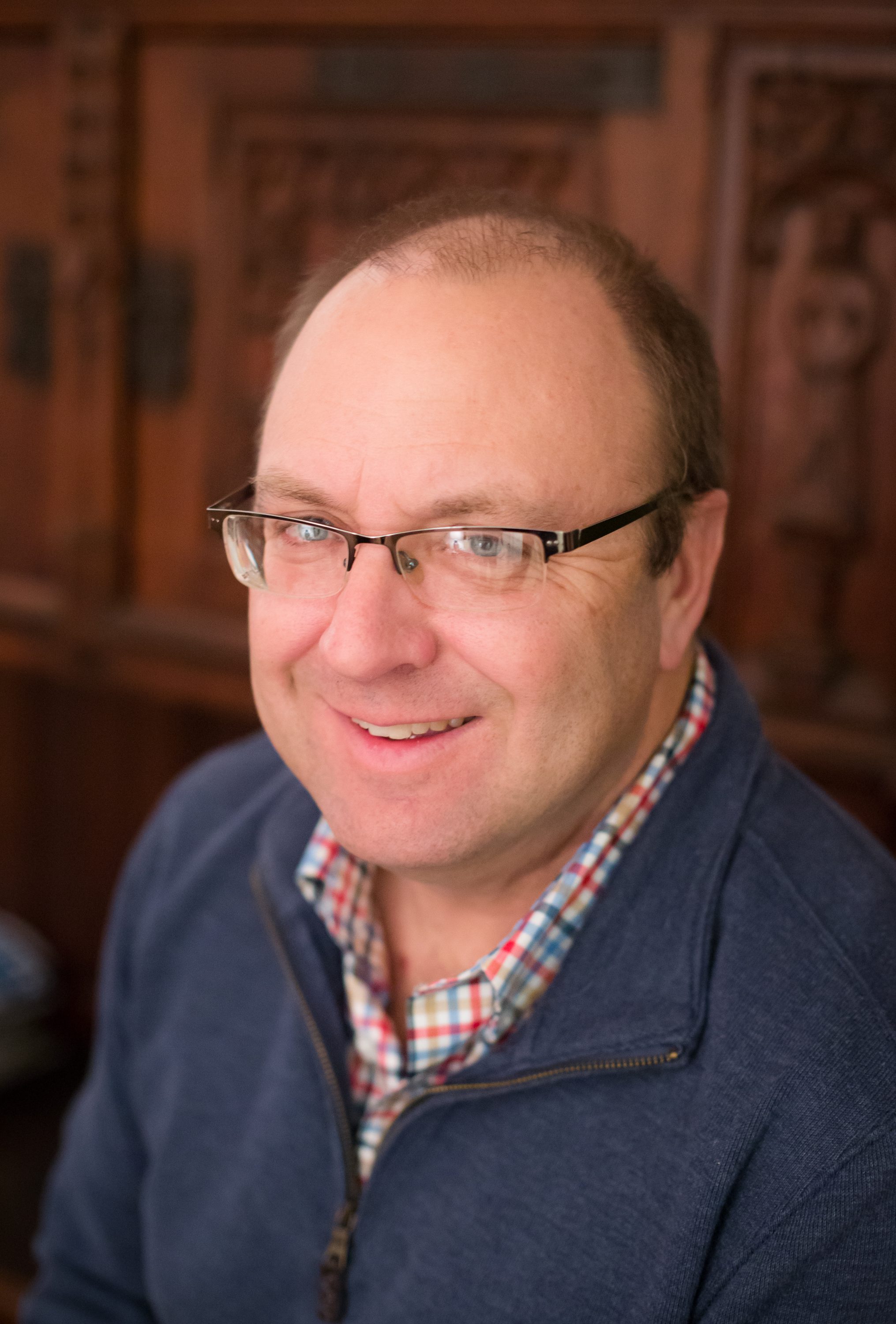
As far as that outer layer of trust, that’s a little different because I really don’t care if I’m building any specific kind of greater intimacy with CNN or Channel 8 or on social media. The trust level goes down, but there has to be some degree of trust to go about your daily routine.
You know, up until very recently, I had a lot of trust in journalists and broadcasters because I’ve spent my whole career working with those people. But in this current world we live in, I’ve seen a lot of things that absolutely baffle me.
These “journalists” aren’t really reporting on facts; it’s turned into commentary. And that’s not news. A lot of the news outlets have become diluted and they’re not really reporting on the facts.
The other problem I have with broadcasters these days is the hype. Watch any one of the network evening newscasts. “Let’s get right to Rob Marciano. There’s a devastating storm. Fourteen million people are under a storm watch.” I’m like, oh, for Pete’s sake. We’re getting 6 inches of snow in Buffalo. Guess what? It’s winter. They get that all the time. It’s unbelievable how the news just sensationalizes ordinary things.
Even locally this happens. We live in Maine. We get a lot of extreme weather here. It gets really cold. We get big storms here. When I turned on the television in the 1970s, (meteorologist) Bob O’Wril wasn’t flipping out about a 2-foot snowstorm. He was like “We’re going to get 2 feet of snow tonight,” and boom, that was the end of the story. Now, you’d think it was the apocalypse coming.
Unfortunately, it’s not the same newscast that I used to watch when I was a kid. There was no hype or sensationalism then. If it was a big story, it was a big story. We got the facts and the reporters didn’t get excited or get wound up about it. There’d be Walter Cronkite. Edward Murrow. I trust my life with those guys. Now you click on the television and it’s like, do I trust this person?
That’s a good segue into our next question. Who doesn’t meet your definition of trust?
Russ: I’m a really trusting guy so when I first meet people, there’s a certain level of trust I’m willing to extend to everyone, but I lack trust in people who don’t follow through on promises or on what they said they’d do.
What breaks trust for you?
Russ: Lies immediately break trust, and not following through with a promise.
Can broken trust be healed and if so, what has to happen for healing to take place?
Russ: Sure. If it’s something like forgetting to do something or being late for something that’s really important, an honest apology can help heal broken trust. If I feel I’ve really been wronged by somebody, though, regaining trust is going to take some time. You’ve got to rebuild that trust to prove you’re trustworthy. I believe in second chances – well, in most cases. There are certain people in this world I would never loan money to again. I’ll answer their phone calls and talk to them, but there’s no way I’d give them another dime.
Has your definition of trust changed over the years?
Russ: Yes, because I’ve learned more about it. In my close relationships, I never used to equate trust with intimacy with another human. I’m not talking about physical intimacy. When I was younger, I never thought about that. Now I realize that if I’m building a relationship with someone, and the goal there is to have a closer relationship, the greater the trust, the greater the intimacy.
Do you think the cultural definition of trust has changed over the years?
Russ: I think so, and most visibly with this administration in the White House because of the pure amount of disinformation that comes from those people. I think that has really done a lot of damage to us as a society. Maybe some of that was going on before, but I certainly had a lot more trust in the previous resident of the White House than I do the current.
We all like to gripe about politicians. They’re all liars, blah, blah, blah. But you know, Obama, I trusted mostly. Obama’s famous lie was “If you like your insurance policy, you can keep your insurance policy.” But Trump’s doing an unbelievable amount of damage to this country in terms of society as a whole because every other word out of his mouth is a lie. You can’t trust a word he says.
What worries you?
Russ: The state of the country right now and the fact that there’s no truth-telling going on with a lot of our politicians. That’s really frightening. Global warming is an interesting subject for me as a climate scientist. Climate is always changing and the amount contributed by humans is very hard to filter out from the natural causes. The example I like to use is that 10,000 years ago, right here, we would have been under a mile of ice. That ice melted because the planet warmed up. Ten thousand years ago, we weren’t putting all this garbage in the atmosphere that we are now, but the planet warmed up on its own. Those big changes have always been happening with the planet. The problem is now we’ve got some manmade stuff in there that contributes, but we don’t, right now, have the technology to figure out how much. You can’t sit there and definitely say we’re causing the glaciers to melt. You can’t say that. Some scientists will say that, but I say not so fast because of the feedback mechanisms in the earth climate system and a lot of other factors. At least from my perspective, it’s very hard to discern how much of climate change is because of the human contribution.
So, as I said, whether we’re here or not, climate is going to be changing. However, my worry is sooner or later, the amount of carbon dioxide and pollutants we put in the atmosphere and in the oceans is going to tip the scale. I don’t necessarily agree with some of the things the global warming people are talking about because I am a climate and atmospheric scientist and I understand what’s going on. But, we’re all part of the system. We need to do something about this stuff. If we don’t nip it in the bud, it’s going to be a big problem.
Other things that worry me are a lack of gun control in this country and healthcare. One of the reasons I live in Maine is I feel very safe here. But that’s not the case for people in other parts of the country. They should be able to feel safe, too. As for healthcare, as a small business owner, I’m looking at these health insurance costs. I’ve got bum knees that I have to do something about, but I can’t afford health insurance for myself. I can’t grow my business and afford health insurance at the same time.
What inspires you?
Russ: Since I turned 50, I’ve been trying to live a simpler life. My focus has changed from the craziness of raising two kids to being able to do things I haven’t been able to do a lot of in the last 20 years. I ski more, hike more, am outside more, play in a band, which I’d been wanting to do for years and years. Now I finally have the time and am able to do those things. Other things that inspire me are building my business and watching other people reach their goals, like my two daughters. I’m really fascinated by watching them and seeing where they go with their lives.
What issues do you think are important today?
Russ: We touched on some of those earlier: gun control and the environment, healthcare. An important local issue for me is transportation. I do an awful lot of driving, so the condition of Maine’s roads is actually something I think a lot about. We live in a rural state. I think we need to think about the future of transportation and how people 30, 40, 50 years from now are going to get around in these rural areas.
Get to know Russ Murley
Age: 55
Hometowns: Bethel and Freeport
Religious affiliation: Grew up Protestant in the United Church of Christ denomination but is not an active member.
Political affiliation: I’m a registered Democrat, but I’d describe myself as a centrist liberal: progressive on social issues but fiscally conservative.
How he describes himself: Friendly, outgoing and inquisitive. Parts of me are a little nerdy because I’m a scientist, so I’m fascinated with all things science-related. I love being outdoors and am an avid skier, and I play drums in a local band, the KTOs. We perform everything from Americana to rock to blues to country.
How he defines trust: That’s an interesting question. I think it’s a two-piece thing. There’s the more intimate trust around your immediate friends, family, and people you know, and then there’s that kind of outer layer that involves all the things you’re constantly bombarded with: external people and things, like stuff you see on the news or on social media. On an intimate basis, I think trust is something that’s both earned and something you have to work for.


